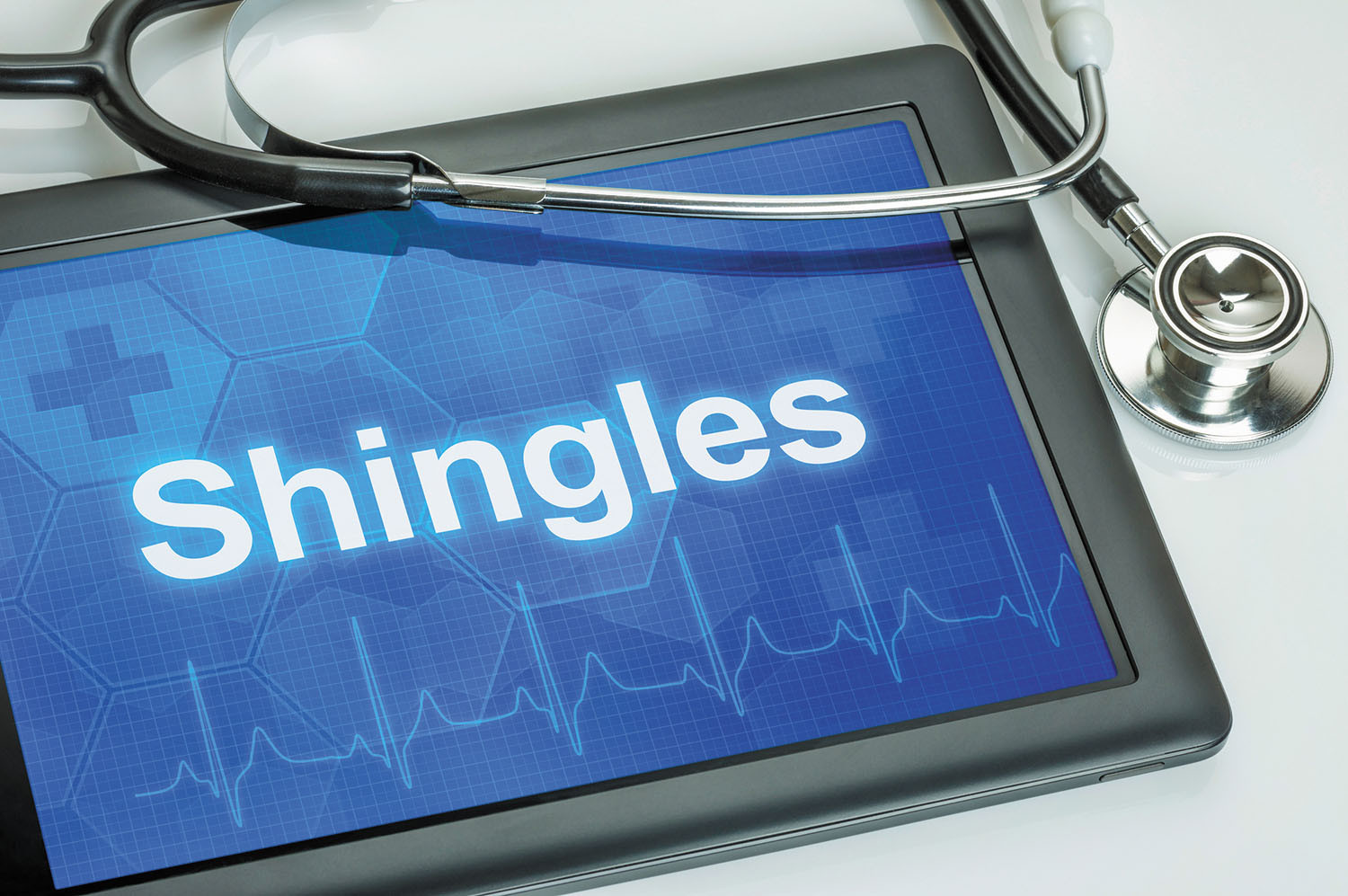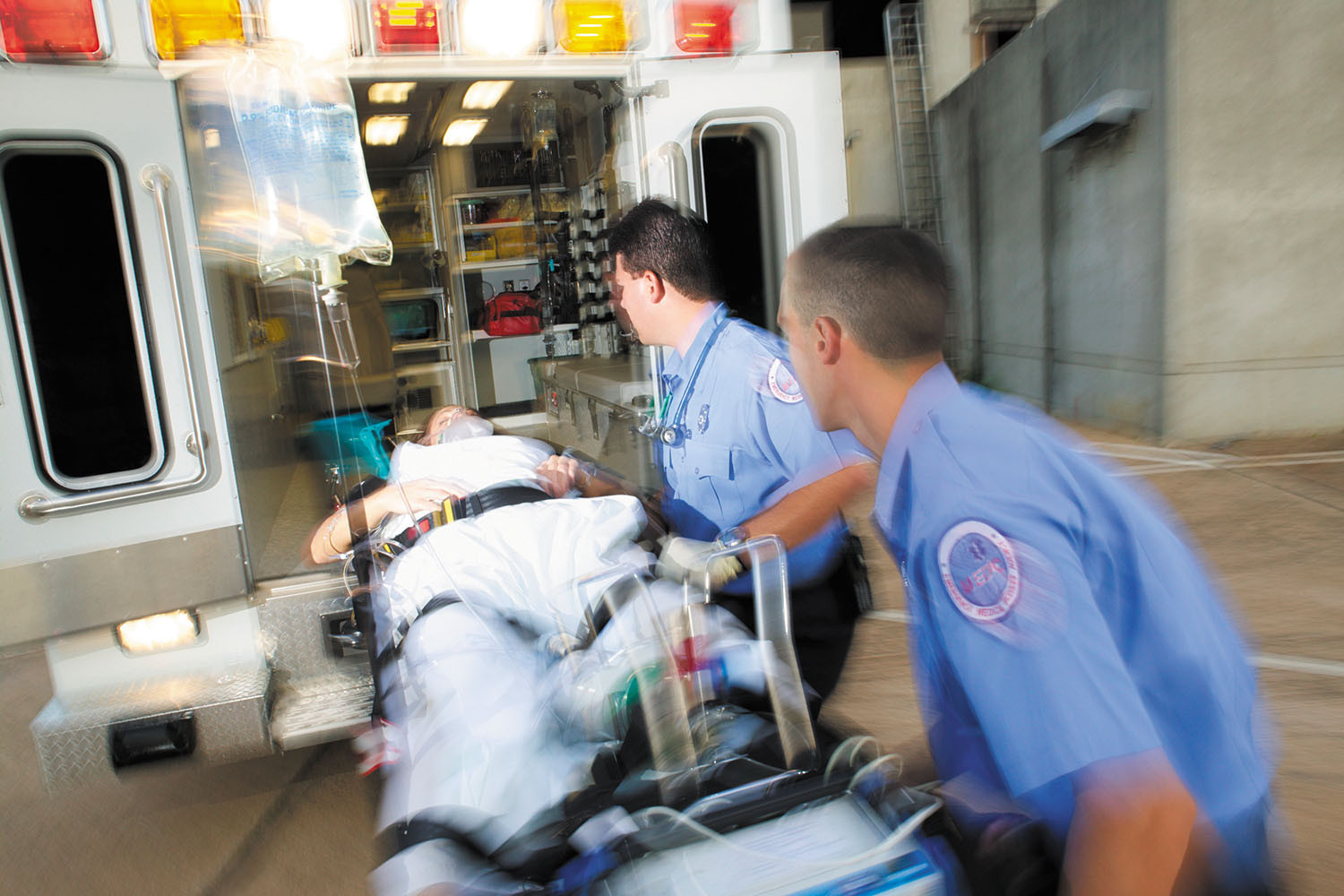Recent Articles

Foot pain: A look at why your feet might hurt

Matcha: A look at possible health benefits

Wildfires: How to cope when smoke affects air quality and health

Forearm workouts: Strengthening grip for everyday function

Depression symptoms: Recognizing common and lesser-known symptoms

Medication side effects: What are your options?

Independent living with home care assistance: Balancing autonomy and support

Dialysis: What to expect from this life-changing — and lifesaving — treatment

The BEEP program: Keep your balance

Hoarding: What to know about this mental health disorder
Medications Archive
Articles
Deterring heart disease if you have diabetes
Lifestyle changes are vital, but new medications may help.
a_namenko; © Halfpoint | Thinkstock; zaretskaya | GettyImages
Two of the most prevalent health problems in this country — type 2 diabetes and heart disease — are closely linked. People with diabetes are more than twice as likely to die from heart disease than those without diabetes. An array of overlapping risk factors (such as being overweight and having high blood pressure and cholesterol levels) probably explains part of this association.
On the plus side, a diet that emphasizes vegetables, fruits, whole grains, lean protein, and healthy fats, coupled with regular moderate exercise (at least 30 minutes daily, most days of the week) can help people dodge the dangers associated with both heart disease and type 2 diabetes. Even so, most people with type 2 diabetes must also take the drug metformin (or other medications) to help reduce their high blood sugar levels, the hallmark of the disease.
Topical pain relievers may be less risky for the heart than pills
Research we're watching
The pain relievers known as nonsteroidal anti-inflammatory drugs (NSAIDs) help ease the ache of arthritis. But taking these pills regularly can increase blood pressure and worsen heart disease. Now, new research suggests that topical NSAIDs (available by prescription in gel form) may pose less risk than the pills.
Researchers tracked heart attacks, strokes, and other heart-related problems in more than 46,000 people with rheumatoid arthritis over a nine-year period. People who used topical NSAIDs (even those who already had heart disease) had fewer of these cardiovascular events than those who took oral NSAIDs, according to the study, published in the Oct. 27, 2017, Journal of the American Heart Association.
Antidepressants not always effective in people with chronic disease
In the journals
Some antidepressants may not offer much relief for people who battle both depression and a chronic disease, according to research in the Nov. 21, 2017, Journal of the American Medical Association.
Nearly half of Americans live with a chronic condition, according to the CDC, and many also suffer from depression, including more than half of Parkinson's disease patients, 41% of cancer patients, and more than 25% of those with diabetes.
Can you make up for years of poor eating?
Even if you can't, you can still substantially reduce your risk of heart attack and stroke through lifestyle changes and certain medications.
In your 20s, maybe you sometimes chose fast-food burgers and fries over healthier foods. Perhaps in the decades that followed you pursued a series of fad diets, questionable lifestyle choices, and too many days when you skipped your workout in favor of the couch.
You're now repenting for the sins of the past, but the question is, can you undo the damage? Can you unclog clogged arteries (otherwise known as atherosclerosis) and reduce your risk of heart disease in the process?
Are you prepared for a medical emergency?
Keep important information handy, such as an advance directive, a list of medications, and your emergency contacts.
Image: © Thinkstock Images/Thinkstock
We spend a lot of time trying to stay healthy. We exercise, eat right, and get check-ups and screenings. But how many of us take the time to prepare for a medical emergency, with the right information and equipment handy? "Most patients I see are not prepared to come to the emergency department [ED]. They don't know their medical problems. We're lucky if they carry their medications list," says Dr. Kei Ouchi, an emergency medicine physician at Harvard-affiliated Brigham and Women's Hospital.
Maybe we're unprepared because of a natural tendency to think that medical emergencies may happen to others but not to us. But consider the numbers: in 2009–2010, about half of all adults ages 65 or older went to an emergency department, according to the CDC. "The number of older adults coming into the ED is increasing, especially near the end of life — 75% of older adults come to the ED at least once in their last six months," Dr. Ouchi says. Those odds may make you want to think twice about preparing for the unexpected.
Ask these questions when you get a new prescription
For the best results and for your safety, learn what those new pills do and how you should use them.
Image: © imtmphoto/Thinkstock
Medications play a crucial role in helping us get better or manage chronic disease. But don't sit silently when your doctor prescribes something new. Ask questions about the drug and bring unanswered questions to your pharmacist. "The doctor may not have the time to explain everything that's important, like whether to take a medicine on an empty stomach," says Joanne Doyle Petrongolo, a pharmacist at Harvard-affiliated Massachusetts General Hospital.
The next time your doctor suggests that you take a new pill, jot down answers to the following questions.
Taking clot-prevention drugs for afib may lower risk of dementia
Research we're watching
Among people who have atrial fibrillation (afib), those who take anti-clotting medications may be less likely to develop dementia later in life than those who don't take the drugs, a new study finds.
Afib, a disorder marked by a rapid, irregular heartbeat, raises the risk of stroke as well as dementia. Anti-clotting drugs are known to lower the risk of stroke, but the drugs' effects on dementia weren't clear. So Swedish researchers examined hospital and pharmacy registry data from nearly half a million people who were diagnosed with afib between 2006 and 2014.
A more precise approach to fighting cancer
Precision medicine offers a personalized approach for prevention and treatment of cancer and other diseases.
Image: © Pogotskiy/Thinkstock
If you have a stomachache or cold, you go to the pharmacy and grab the same remedy that everyone else uses, and it often works. But is that always the best approach? Your reaction to an infection may be quite different from someone else's, so perhaps you need a treatment designed just for you and your ailment.
That's the philosophy behind precision medicine (sometimes referred to as personalized medicine), an emerging approach to prevention and treatment that takes into account a person's genes, environment, and lifestyle and eliminates the one-size-fits-all approach to health care.
Many prescription drug users not aware of driving-related risks
In the journals
People who take prescription drugs do not always know about side effects that could increase their risk of driving accidents, suggests a study published online Oct. 31, 2017, by the Journal of Studies on Alcohol and Drugs.
Researchers asked 7,405 drivers about their prescription drug use. Nearly 20% used medication that could affect their driving skills — for example, by causing drowsiness or impairing cognitive or motor function — yet almost all were unaware of these potential side effects. Either they did not receive or remember a warning from their doctor or pharmacist, or they did not recognize or recall a warning on the drug label.
Recent Articles

Foot pain: A look at why your feet might hurt

Matcha: A look at possible health benefits

Wildfires: How to cope when smoke affects air quality and health

Forearm workouts: Strengthening grip for everyday function

Depression symptoms: Recognizing common and lesser-known symptoms

Medication side effects: What are your options?

Independent living with home care assistance: Balancing autonomy and support

Dialysis: What to expect from this life-changing — and lifesaving — treatment

The BEEP program: Keep your balance

Hoarding: What to know about this mental health disorder
Free Healthbeat Signup
Get the latest in health news delivered to your inbox!
Sign Up








